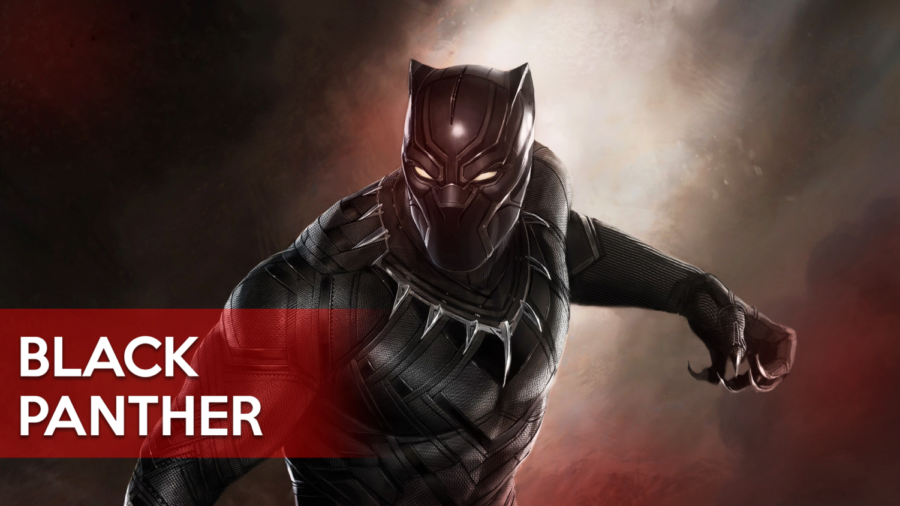Marvel’s Black Panther: Overdose of Black Excellence
The anticipation of such a film within the black community is unprecedented. To say that Black Panther was simply a minuscule production to please a colorless entertainment business would be entirely inaccurate. Black Panther was a revolution and a triumph of the black spirit, enforcing powerful, influential black embodiment to the fullest, showing that African Americans transcend all genres.
According to Forbes journalist, Scott Mendelson, “Big movies with and for black people are not remotely box office poison. Big movies with, for and by black people can absolutely pull in good to great overseas grosses as well. It’s a rebuttal of conventional wisdom. But it’s also a rebuttal of the conventional wisdom that Hollywood has ignored time and time again.”
The film’s opening weekend would completely disregard the primitive notion that only white actors could star in blockbuster hits and go on to gross over $202 million domestically. Landing its place as the second largest debut ever for a Marvel Studios production and accentuating to the world that a primarily black cast, with an extensive $200 million budget, all coordinated by a black director, Ryan Coogler, was indeed feasible.
Not only was the majority black cast — an array of talented actors including Angela Bassett, Lupita Nyong’o, Chadwick Boseman, and Michael B. Jordan — a refreshing occurrence within Hollywood, but a soundtrack beset with empowering black artists was both astounding and essential. An entire album cultivated by social activist and rapper, Kendrick Lamar, intertwines hip-hop and the soul of Africa, presenting listeners and movie-goers alike with an overdose of black excellence.
Showcasing the eccentricity of African and pan-African culture throughout, the movie does not disappoint in presenting the intricate and complex patterns and colorways infused within black fashion. We are able to visualize an advanced, high-tech society that is unlike the common stereotype placed on Africa today. Countless movies describe ‘the motherland’ as impoverished and a place that we would not desire to go to, but this movie depicts Africa as so much more.
Black youth can now identify with characters that look like them and share familiar attributes, including hairstyles, variations in skin color, and personality. Males can begin to envision themselves as the all-mighty T’Challa, the king of Wakanda, who is both impassioned and semi-confident within his own abilities to rule. African Americans within the up-incoming generation can’t identify with slavery and they shouldn’t have to either. Though it is important to maintain the understanding of one’s history, young, black men need empowering role models like black kings governing nations to prove that they can do anything they set their mind too.
You don’t have to mention how crucial this movie is for black girls everywhere. Advocacy of the resilient and intelligent African American woman was found more within this film than it would be within a basic American history textbook. From the Princess of Wakanda, Shuri, the agile 16-year-old who engineers and produces the technology used by Wakandans to the all-female militia, Black Panther strives to embody the strength of the black woman instead of perpetuating that they can only be confrontational and offended.
Black Panther was the movie of all movies and truly recognized that black embodiment within film is more powerful than anything else. If we can continue to support black film than there won’t be any need to remain astonished by the presence of a predominantly African American cast.
This is not just a phenomenon, but a moment that will cultivate itself within Hollywood and we will begin to acknowledge that black actors can star in blockbuster hits.





